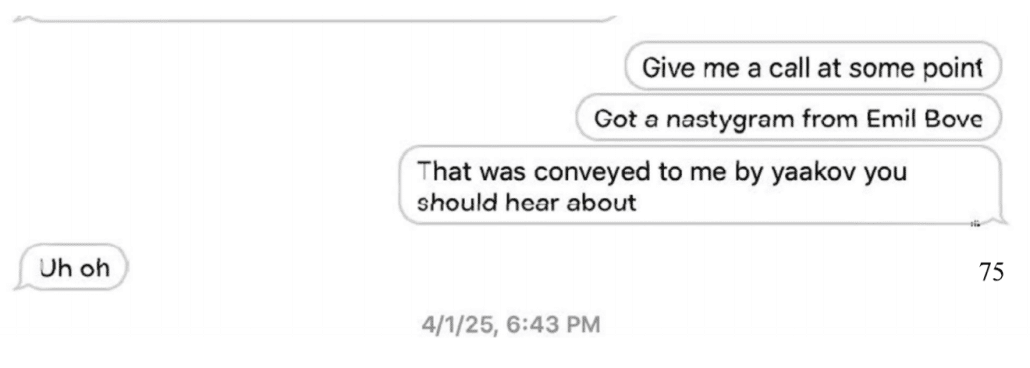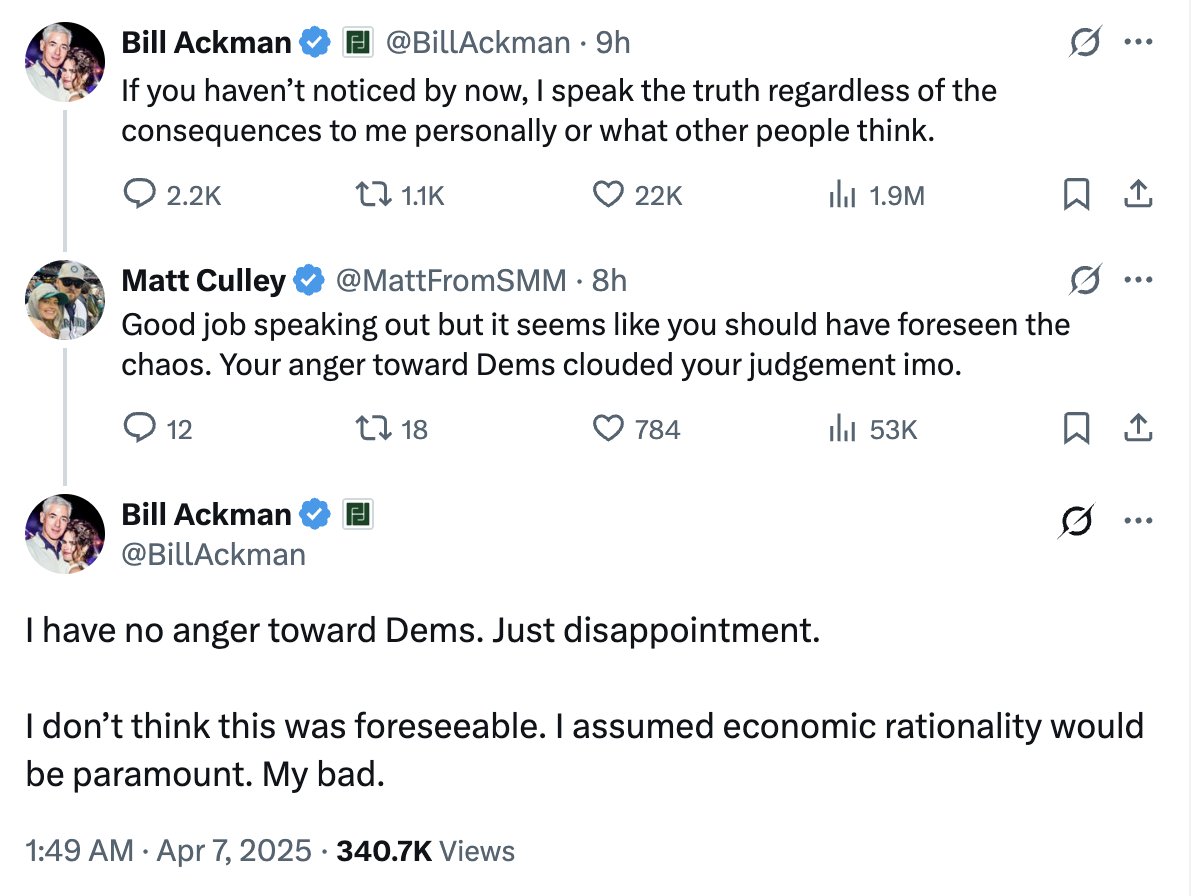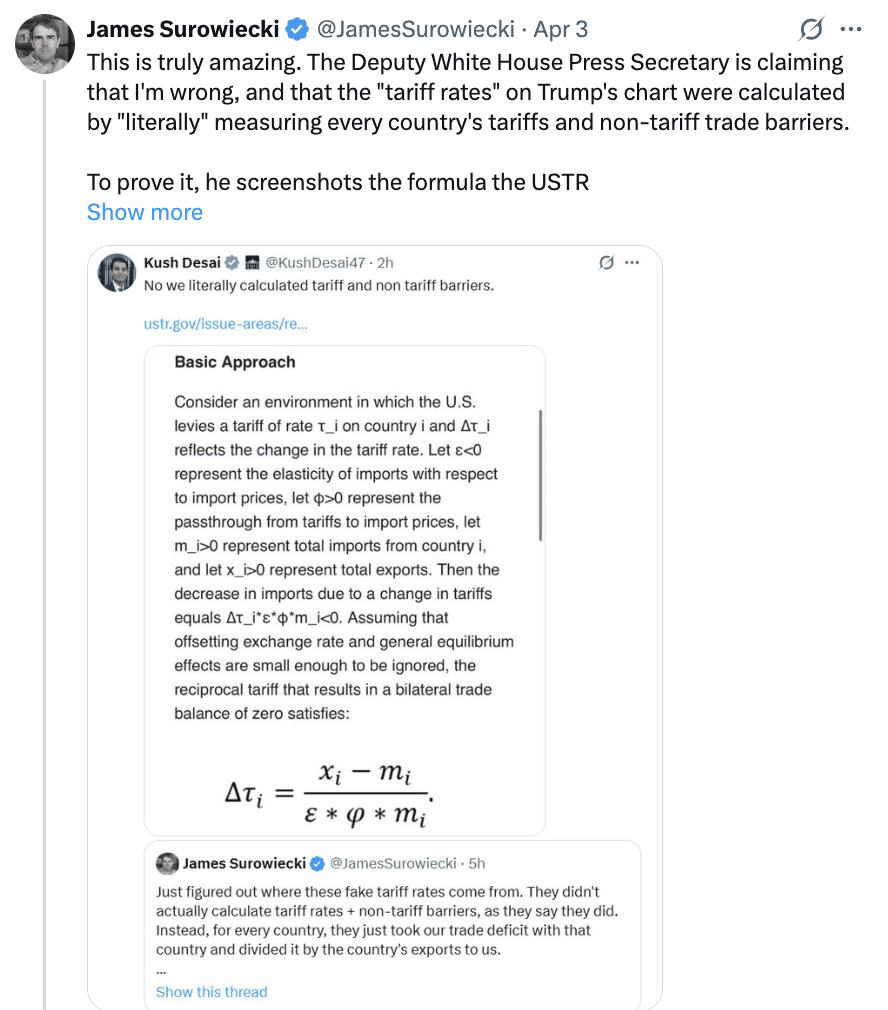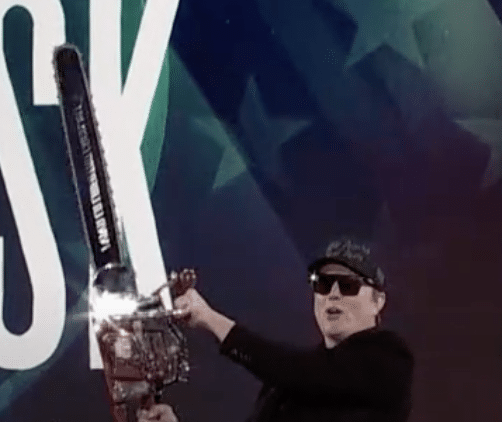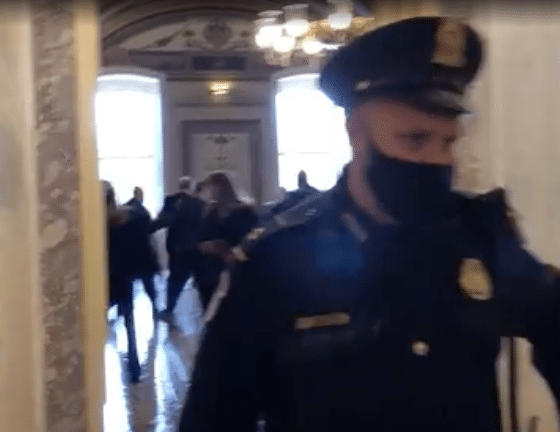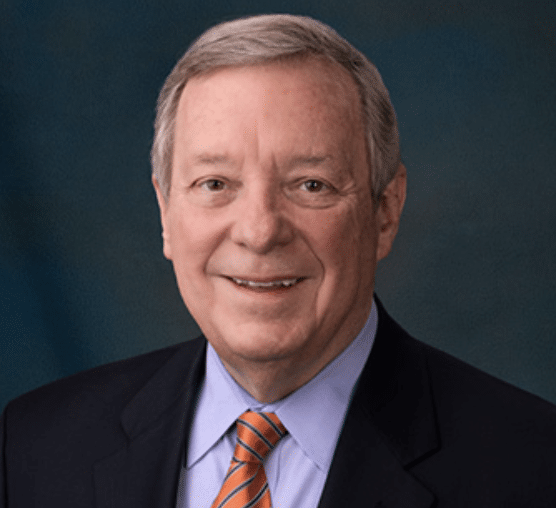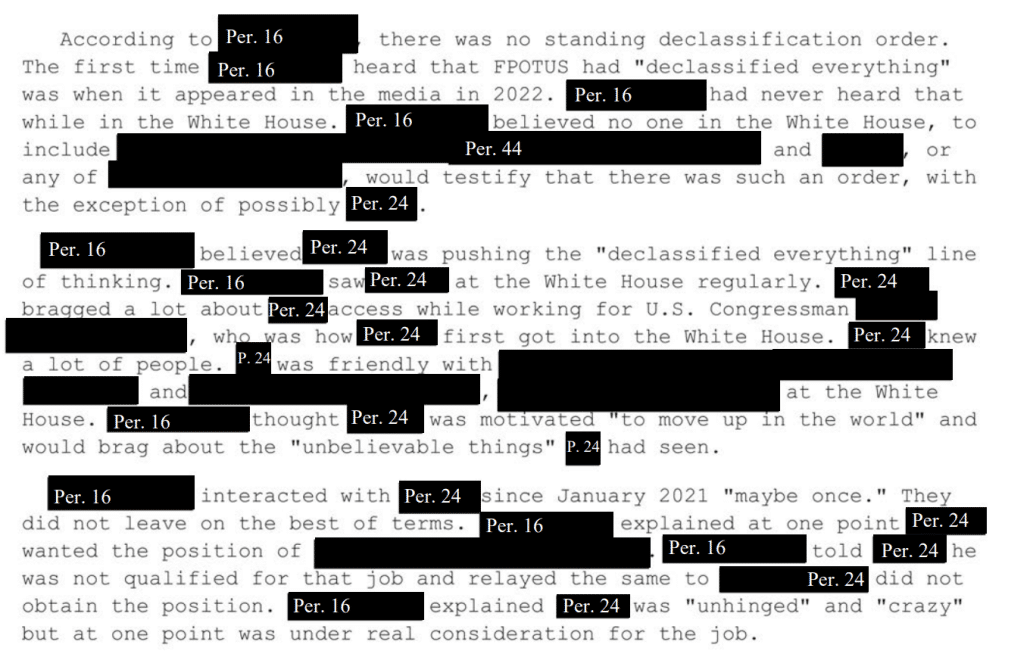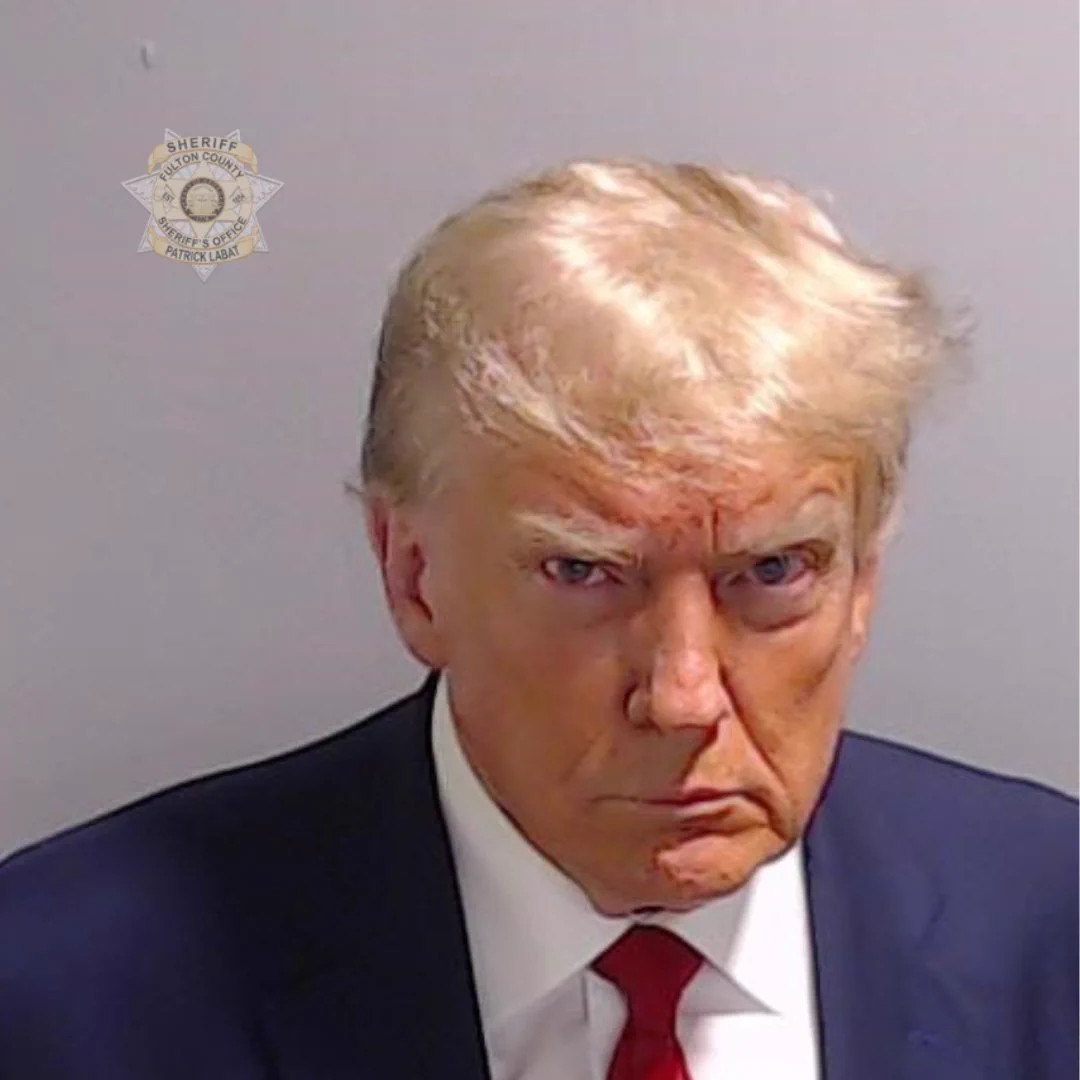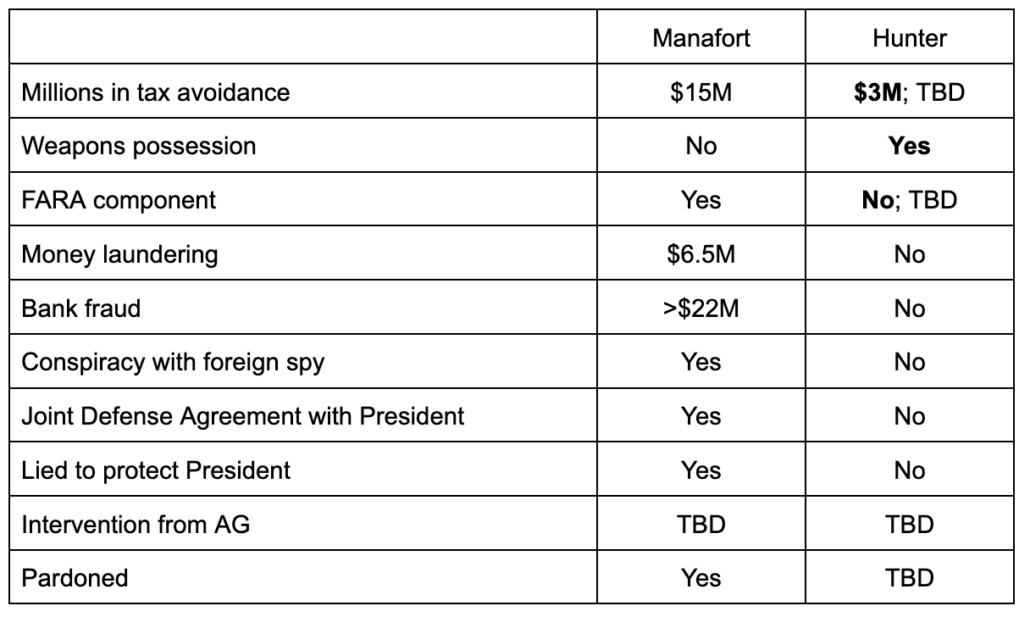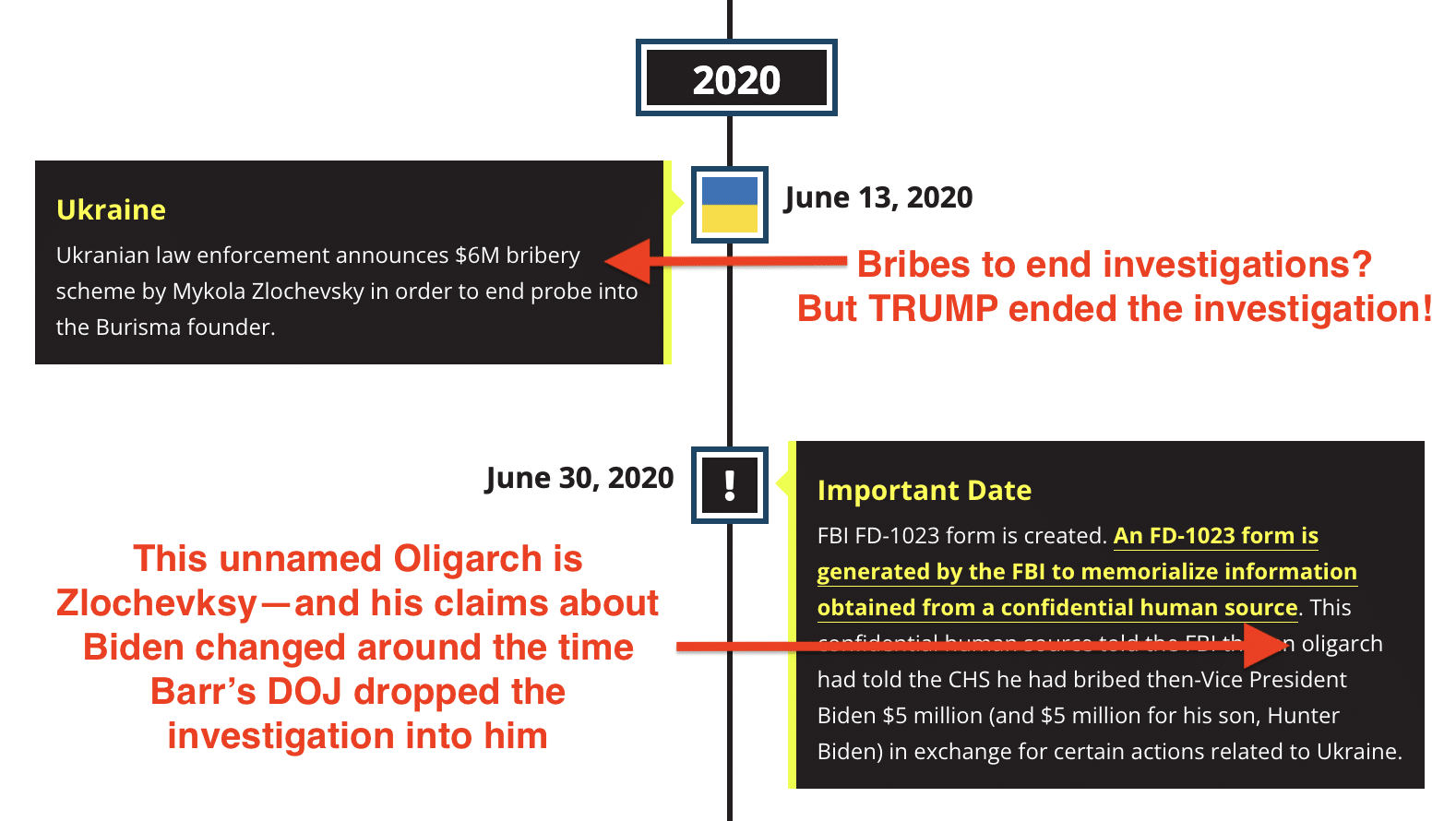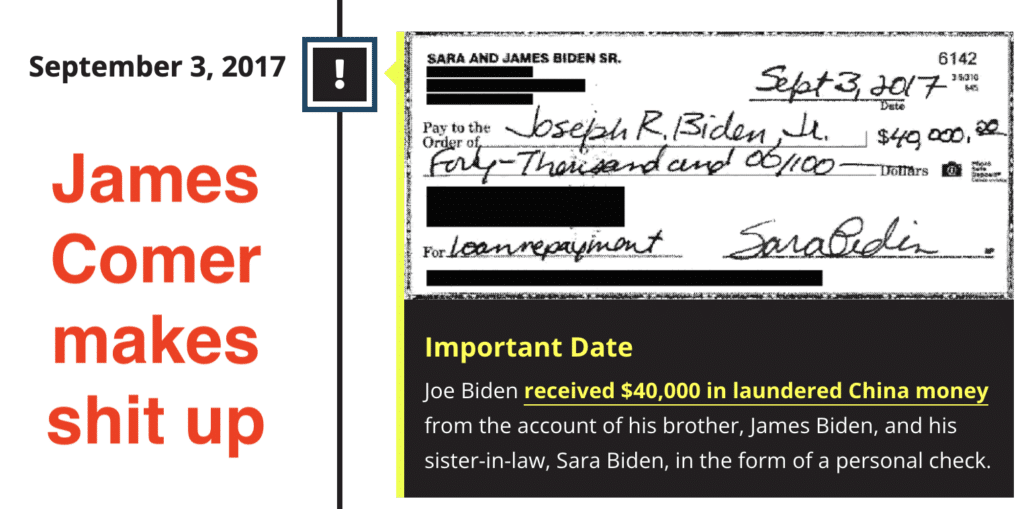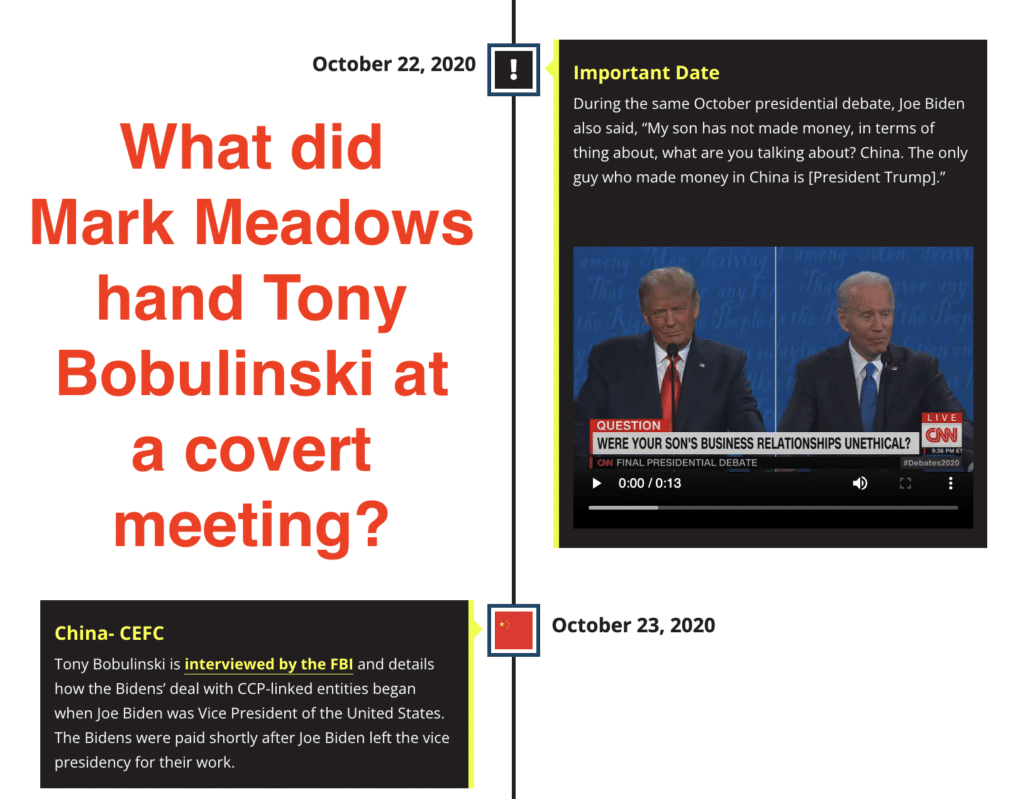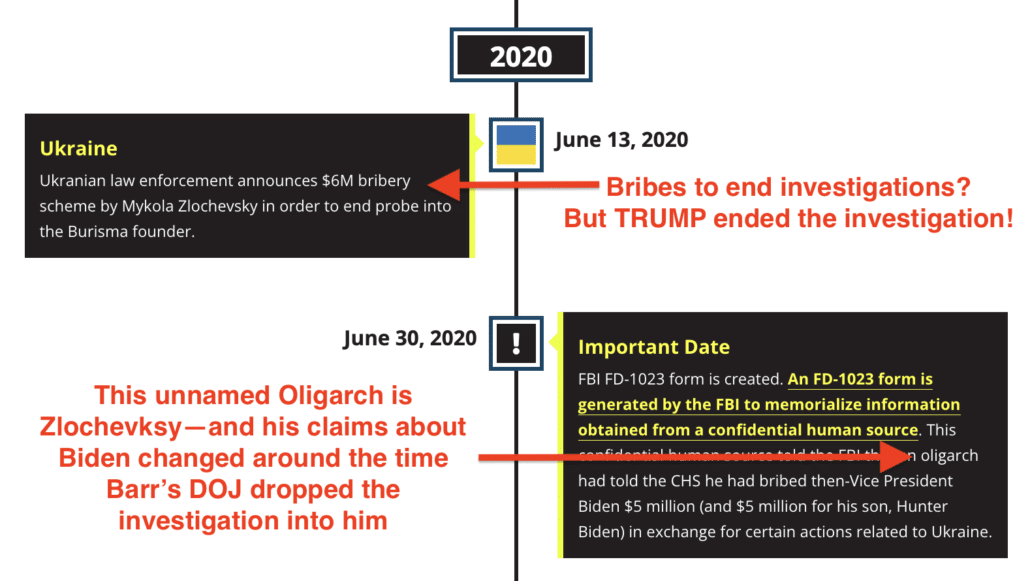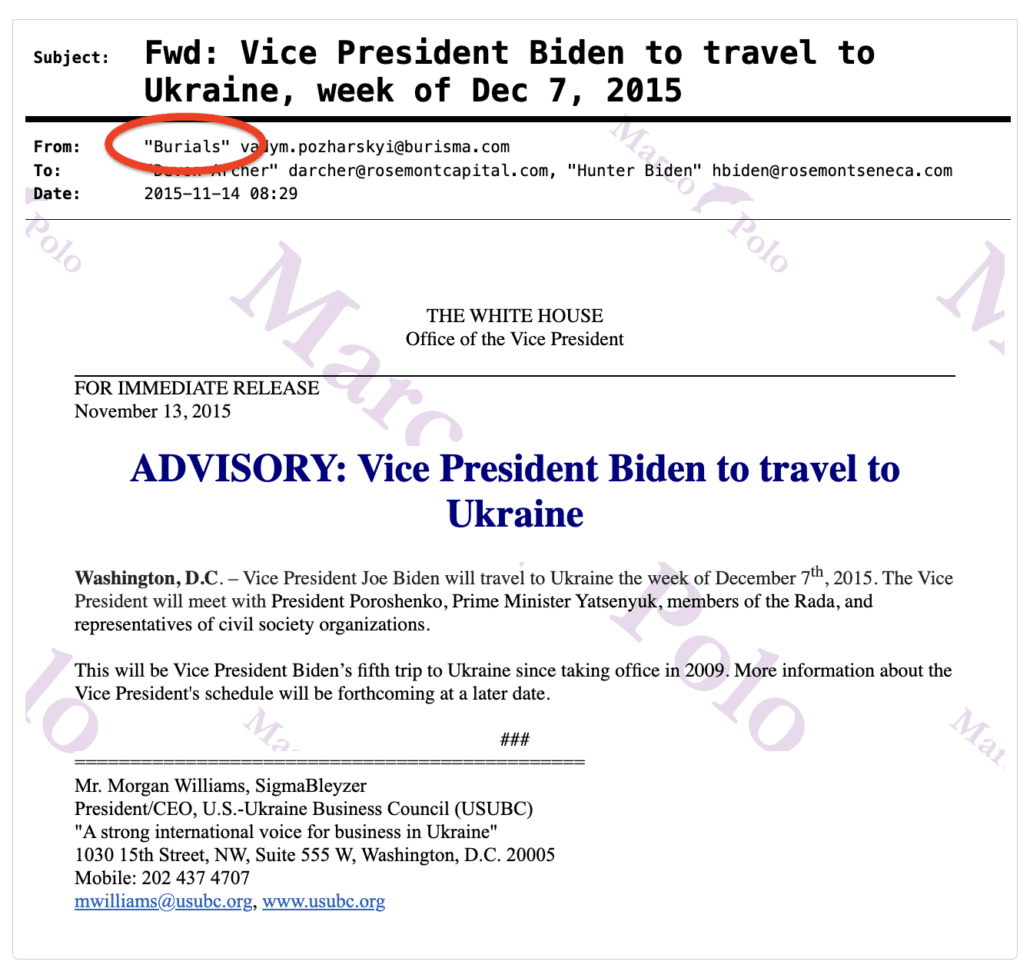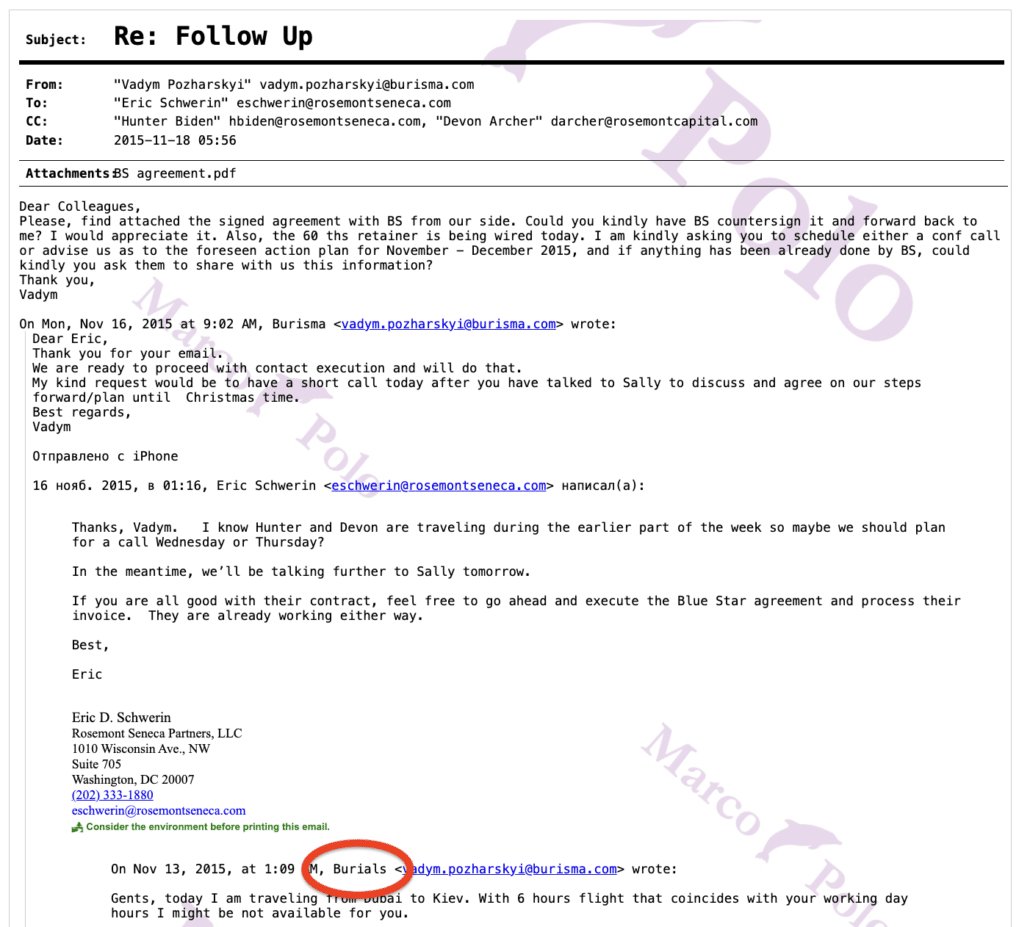Old Man Chuck Grassley Got Snookered by Emil Bove’s Contemptuous Dodge
Senate Judiciary Democrats asked Chuck Grassley to hold a hearing with whistleblower Erez Reuveni to learn about Emil Bove’s contempt in the face of orders Judge James Boasberg gave DOJ on March 15. In a letter that carefully dodges smoking gun proof that Emil Bove did command others to blow off Boasberg’s order, Grassley refused.
I’m going to assume that Chuck Grassley is just really old and so vulnerable to being duped by someone devious like Bove. Otherwise, of course, we’d have to conclude he’s complicit in a clear attempt to deport innocent men to a concentration camp at all costs.
Grassley’s three main rebuttals of Reuveni’s allegations are:
- DOJ has gotten appellate relief on at least some of the misconduct Reuveni reported
- Emil Bove made the comment about telling a judge “fuck you” before Boasberg issued any orders
- Bove testified under oath that he did not order any DOJ lawyers to blow off Boasberg’s order
Grassley pretends that the files handed over by Reuveni include “almost none” that “include, reference, or even cite” Bove.
Almost none of the additional documents you published include, reference, or even cite Mr. Bove.
Almost none is not none, as I’ll show below.
Grassley further claims that most of the files reflect “litigation strategy about the scope of court orders.”
Most of the communications merely reflect Administration attorneys internally debating or discussing litigation strategy and the scope of court orders. Debate about the scope of court orders is fundamentally inconsistent with an intention to ignore them. Moreover, many of the legal positions discussed in the documents were ultimately advanced in federal court as the formal position of the United States, and the Administration has received at least some appellate relief in each of the cases described.
With regards to the JGG lawsuit to which the “fuck you” comment is pertinent, that relief consists of two Trump appointees stalling a contempt motion for months, as both TPM and NYT pointed out today. Here’s how TPM’s David Kurtz described it.
The DC appeals court — a three-judge panel composed of Trump appointees Gregory Katsas and Neomi Rao and Obama appointee Cornelia Pillard (who opposed the move) — placed an administrative stay on Boasberg’s contempt proceedings way back on April 18. What is usually supposed to be a short-term pause in the case has now dragged on for nearly three months.
In that time, former DOJ career lawyer Erez Reuveni has revealed bombshell internal DOJ emails and texts. Those documents show that Bove, in his role as principal associate deputy attorney general, gave the green light for continuing with the March 15 removals of Venezuelan nationals to CECOT in El Salvador under the Alien Enemies Act in spite of Boasberg’s order blocking the deportations and directing the planes carrying the detainees to turn around. (For his part, Bove denies violating any court orders, and the Justice Department has made the preposterous argument that Boasberg’s written order didn’t include the direction to turn the planes around and that trumped his oral demand that they do so.)
In slow-rolling the contempt inquiry, the DC appeals court hasn’t just enabled Bove (who has engaged in other egregious conduct at DOJ). It has hung Boasberg out to dry, done nothing to staunch the Trump administration’s blatant defiance of court orders in other cases, and has left the judicial branch more exposed to a rogue executive determined to expand his power at the expense of the judiciary.
The relief Grassley is relying on is, in fact, partisan stonewalling.
That matters, because he is replicating a corrupt dodge that Bove — and DOJ itself — are both adopting.
That corrupt dodge starts, first of all, with his claim that Reuveni’s “fuck you” allegation — corroborated in four sets of texts exchanged with colleagues during the weekend in question — came before any judge had issued orders.
The gravamen of the allegations is that Mr. Bove directed Justice Department attorneys to ignore court orders, but (1) the meeting with Mr. Bove occurred before there was any litigation or court order to follow;
That’s true: Bove made the “fuck you” comment at a meeting on March 14. Boasberg issued the order not to unload any planes with Alien Enemies Act detainees on the evening of March 15.
Grassley makes much of the fact that August Flentje told DOJ HR that Bove told the lawyers to avoid an order prohibiting the AEA flights at all costs.
In an April 8th letter addressed to the Justice Department’s Human Resources Division, August Flentje—Mr. Reuveni’s former supervisor—stated: “The Principal Associate Deputy Attorney General [Bove] advised our team that we must avoid a court order halting an upcoming operation to implement the Act at all costs.”1 This statement was made under penalty of perjury months before Mr. Reuveni made the claims in his whistleblower disclosure, and directly contradicts his assertions. Mr. Bove’s comments to subordinate Justice Department litigators— made in advance of anticipated litigation—advising them to avoid a court order that would negatively impact a mission is inconsistent with instructions to ignore a court order, and entirely consistent with Mr. Bove’s sworn testimony.
But again, that was March 14.
They didn’t avoid an order prohibiting the operation. Drew Ensign tried his damndest to mislead Boasberg about flights in the air, but Boasberg nevertheless issued the order.
Boasberg specifically ordered DOJ to turn the planes around, not to deplane the planes.
So, Mr. Ensign, the first point is that I — that you shall inform your clients of this immediately, and that any plane containing these folks that is going to take off or is in the air needs to be returned to the United States, but those people need to be returned to the United States. However that’s accomplished, whether turning around a plane or not embarking anyone on the plane or those people covered by this on the plane, I leave to you. But this is something that you need to make sure is complied with immediately.
Boasberg did give the order that Emil Bove was so inexplicably desperate to avoid.
And that’s where Grassley gets either cute or duped. He quotes Bove stating, under oath, “I have never advised a Department of Justice attorney to violate a court order” (with equivocal comments, not under oath, from Todd Blanche and Pam Bondi).
At his hearing, under oath, Mr. Bove firmly stated, “I have never advised a Department of Justice attorney to violate a court order.” The Deputy Attorney General issued a statement confirming that he also attended the meeting, and “at no time did anyone suggest a court order should not be followed.” In another statement, the Attorney General unequivocally said that “no one was ever asked to defy a court order.”
All very nifty, Senator, except when you consider the smoking gun that does name Bove by his title, Principal Associate Deputy Attorney General.
Yaakov Roth, a top Civil Division lawyer documented in an email to Reuveni and others that PADAG (Bove) “advised DHS last night that the deplaning of the flights that had departed US airspace prior [sic] the court’s minute order was permissible under the law and the court’s order.”
Only it wasn’t.
Boasberg specifically ordered DOJ to inform its clients to turn the flights around, not to deplane the planes.
And then Bove instructed DHS — not DOJ lawyers, but DHS personnel, possibly including lawyers — something different.
Bove instructed DHS they could do something impermissible under the order Boasberg gave. And that’s the core of the contempt for which Boasberg found probable cause that two Trump appointees have bottled up at DC Circuit.
By mid-Sunday morning, the picture of what had happened the previous night came into clearer focus. It appeared that the Government had transferred members of the Plaintiff class into El Salvador’s custody hours after this Court’s injunction prohibited their deportation under the Proclamation. Worse, boasts by Defendants intimated that they had defied the Court’s Order deliberately and gleefully. The Secretary of State, for instance, retweeted a post in which, above a news headline noting this Court’s Order to return the flights to the United States, the President of El Salvador wrote: “Oopsie . . . Too late 😂😂.” Nayib Bukele (@nayibbukele), X (Mar. 16, 2025, 7:46 a.m. EDT), https://perma.cc/Y384-4TDW, https://perma.cc/6VTW-5KRD (ellipses in original)
Bove may not have lied — this is not proof he told DOJ lawyers to fuck off a Boasberg order. But he did tell DHS to fuck off a Boasberg order.
Which is it, Senator Grassley: Are you old and confused? Or complicit?
Because Erez Reuveni supplied you the smoking gun proving that Bove blew off Boasberg’s order.
Grassley does one other dishonest thing in his letter. He makes much of the fact that Todd Blanche, not Bove himself, fired Reuveni.
The whistleblower also claims his termination was the result of his efforts to ensure agency compliance with court orders. The documents Mr. Reuveni produced, however, reveal that the ultimate termination decision was made and signed by Deputy Attorney General Blanche—not Mr. Bove.
Another of the “almost none” documents that Reuveni turned over showed that Bove was gunning for Reuveni just before he was ousted.
Days before Blanche put Reuveni on leave, April 1, Flentje texted Reuveni about “a nastygram from Emil Bove” conveyed by Roth, the same guy who sent the smoking gun email.
On April 5, a few hours after Todd Blanche did put Reuveni on paid leave, Flentje confirmed that at the meeting on March 15, he “told our host we would not violate a court order.”
That is, in response to Reuveni being placed on leave, Flentje confirmed there was a “through line” from questions about whether or not DOJ would follow an order to Reuveni’s suspension (and subsequent firing).
For Grassley, “almost none” is two too many to sustain his case, because the smoking gun documenting who defied an order after Bove proclaimed he might tell a judge “fuck you” is right there with Bove’s title on it.



